Imran Ahmad Khan Niazi is a politician, Ex-Prime Minister of Pakistan, and former World Cup-winning Captain of the Pakistan Cricket team.
Introduction
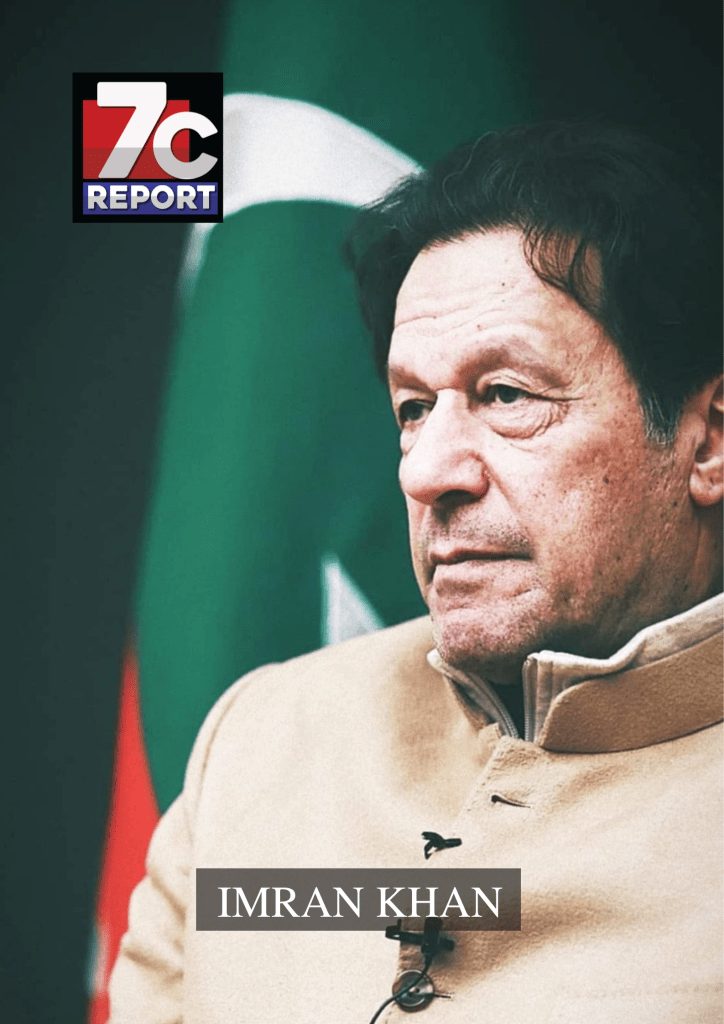
Imran Ahmad Khan Niazi was born on 5 October 1952. He was born to a Niazi Pashtun family in Lahore. He is the only son of Ikramullah Khan Niazi, a civil engineer, and his wife Shaukat Khanum, and has four sisters. Khan’s maternal family has produced several cricketers, including those who have represented Pakistan, such as his cousins Javed Burki and Majid Khan.
Imran Khan’s Education:
A quiet and shy boy in his youth, Khan grew up with his sisters in relatively affluent, upper-middle-class circumstances and received a privileged education.
He was educated at the Aitchison College and Cathedral School in Lahore, and then the Royal Grammar School Worcester in England, where he excelled at cricket. In 1972, he enrolled in Keble College, Oxford where he studied Philosophy, Politics, and Economics graduating in 1975.
An enthusiast for college cricket at Keble, Paul Haynes, was instrumental in securing the admission of Khan after he had been turned down by Cambridge.
Khan, The Cricketer:
Khan made his first-class cricket debut at the age of 16 in Lahore. By the start of the 1970s, he was playing for his home teams of Lahore A (1969–70), Lahore B (1969–70), Lahore Greens (1970–71), and, eventually, Lahore (1970–71). Khan was part of the University of Oxford’s Blues Cricket team during the 1973–1975 seasons.
He played English county cricket from 1971 to 1976 for Worcestershire. During this decade, other teams represented by Khan included Dawood Industries (1975–1976) and PIA (1975–1976 to 1980–1981). From 1983 to 1988, he played for Sussex.
Khan made his Test cricket debut against England in June 1971. Three years later, in August 1974, he debuted in the ODI match, once again playing against England.
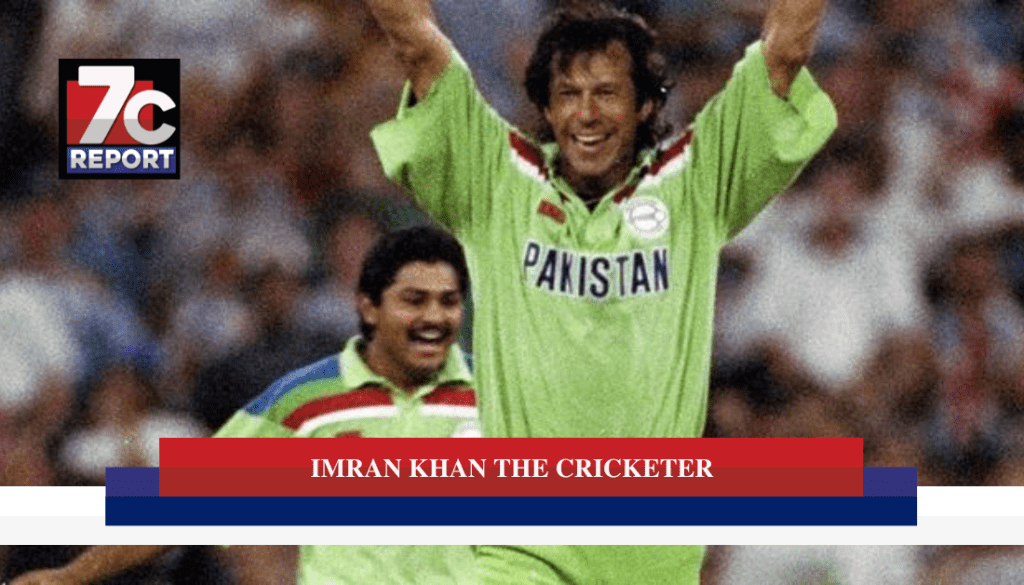
He returned to Pakistan in 1976 and secured a permanent place on his native national team starting from the 1976–1977 season.
Khan achieved the all-rounder’s triple (securing 3000 runs and 300 wickets) in 75 Tests, the second-fastest record behind Ian Botham’s 72. He also has the second-highest all-time batting average of 61.86 for a Test batsman playing at position 6 in the batting order.
He ended his career with 88 Test matches, and 126 innings, and scored 3807 runs at an average of 37.69. As a bowler, he took 362 wickets in Test cricket, which made him the first Pakistani and world’s fourth bowler to do so. In ODIs, he played 175 matches and scored 3709 runs at an average of 33.41. He took 182 wickets in ODI cricket.
Khan, The Captain:
At the height of his career, in 1982, the thirty-year-old Khan took over the captaincy of the Pakistan cricket team from Javed Miandad. As a captain, Khan played 48 Test matches, of which 14 were won by Pakistan, 8 lost and the remaining 26 were drawn. He also played 139 ODIs, winning 77, losing 57, and ending one in a tie.
Khan, The World Champion:
Khan led Pakistan to victory in the 1992 Cricket World Cup. Playing with a brittle batting line-up, Khan promoted himself as a batsman to play in the top order. At the age of 39, Khan took the last wicket himself.
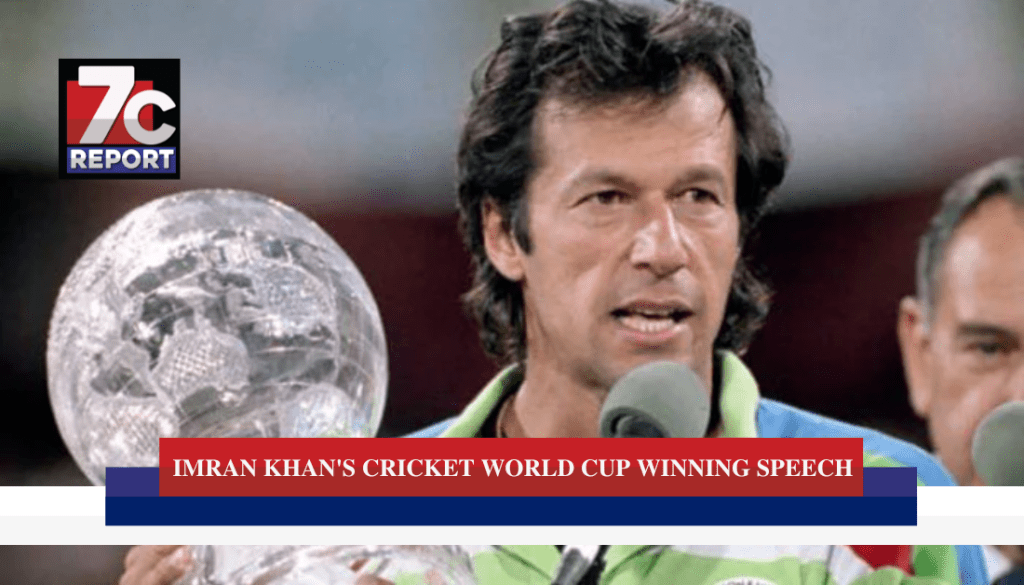
Khan, The Philanthropist:
Imran Khan served as UNICEF’s special representative for sports during his cricketing days. He focused on charity work a lot. He established Namal University in Mianwali, Pakistan. His foundation, Imran Khan Foundation does a lot of charity work in Pakistan.
Shaukat Khanum:
Imran Khan built Shaukat Khanum Memorial Cancer Hospital and Research Centre to provide state-of-the-art diagnostic and therapeutic facilities to cancer patients irrespective of their ability to pay. Those patients who do not have the ability or resources to pay, get free treatment for cancer in this hospital.
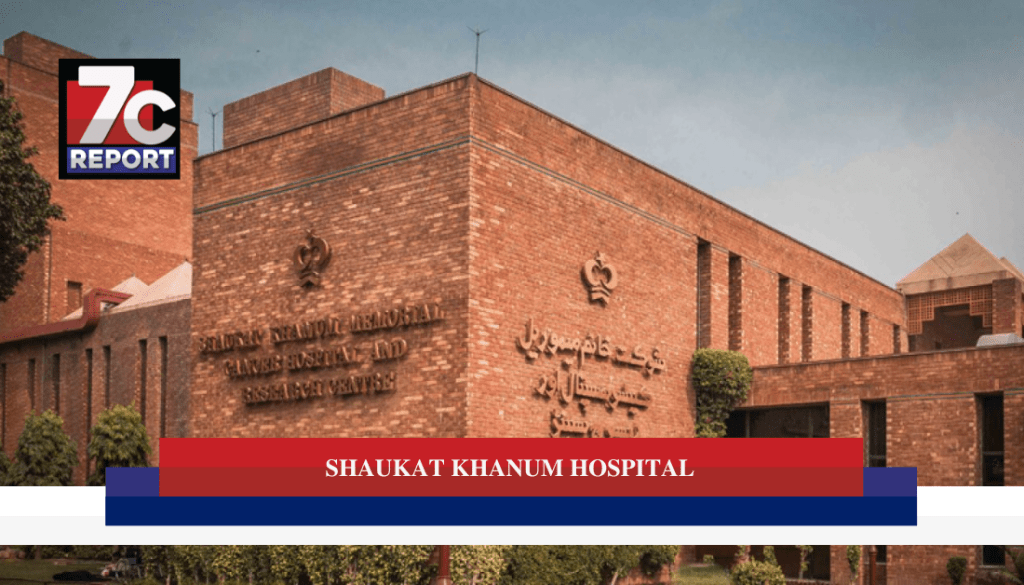
Journey As A Politician:
Imran Khan founded his political party, Pakistan Tahreek-e-Insaf (PTI) on 25 April 1996. In the beginning, he faced many difficulties. His party didn’t win even a single seat in the 1997 election.
According to Khan, he was Musharraf’s choice for prime minister in 2002 but turned down the offer. Khan was elected from Mianwali in the 2002 referendum.
On 2 October 2007, as part of the All Parties Democratic Movement Khan joined 85 other MPs to resign from Parliament in protest of the presidential election scheduled for 6 October, which general Musharraf was contesting without resigning as army chief. On 3 November 2007, Khan was put under house arrest, after president Musharraf declared a state of emergency in Pakistan.
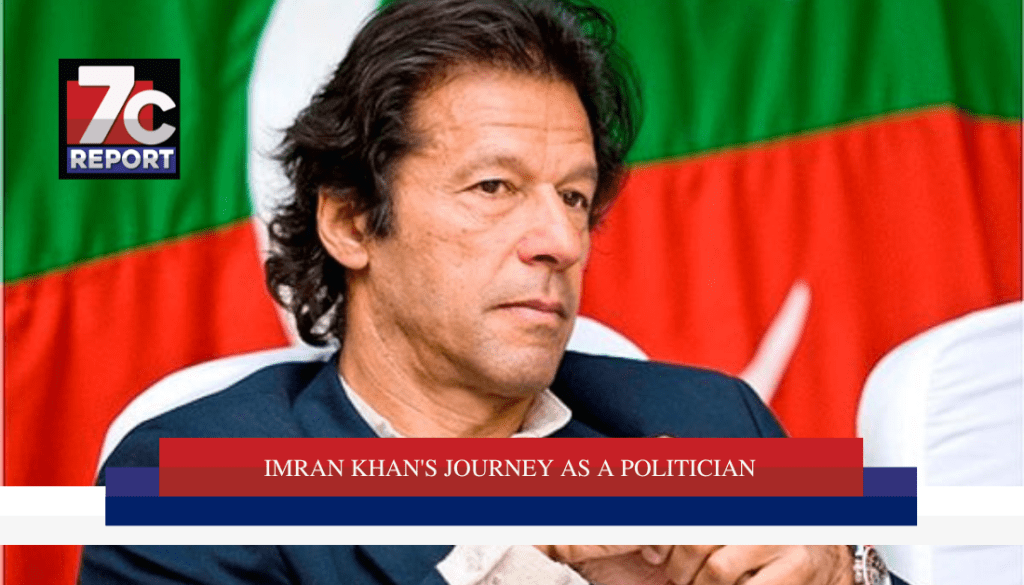
Turning Point:
On 30 October 2011, Khan addressed hundreds of thousands of his supporters in Lahore, challenging the policies of the government, calling that new change a “tsunami” against the ruling parties, Another successful public gathering of hundreds of thousands of supporters was held in Karachi on 25 December 2011. Since then Khan became a real threat to the ruling parties and a future political prospect in Pakistan.
Prime Minister of Pakistan:
In the general elections of 2018, PTI won 116 out of 270 seats in the National Assembly. On 6 August 2018, PTI officially nominated him as the candidate for Prime Minister.
On 17 August 2018, Khan secured 176 votes and became the 22nd Prime Minister of Pakistan and took the oath of office on 18 August 2018.
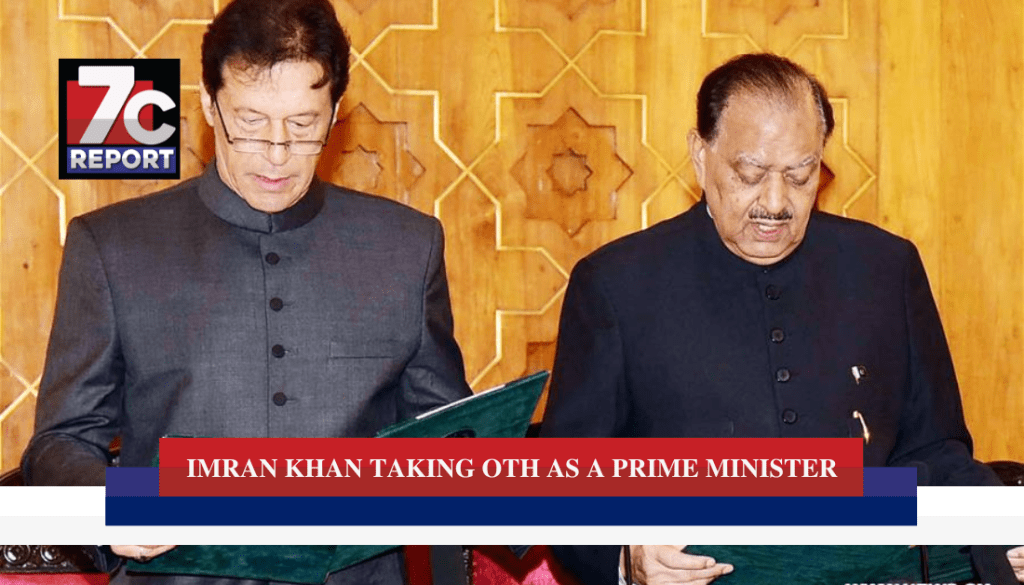
Vote of No Confidence:
On 10 April 2022, a no-confidence vote was conducted and he was ousted from office, becoming the first Prime Minister in Pakistan to be removed from office by a vote of no-confidence.
Khan claimed that the US was behind his removal as Prime Minister of Pakistan. According to him, the US didn’t want him to visit Russia and have good relations with China and Russia.
Assassination Attempt:
On 3 November 2022, Imran Khan was shot in the leg during an assassination attempt on him. The shooter was caught on the spot.
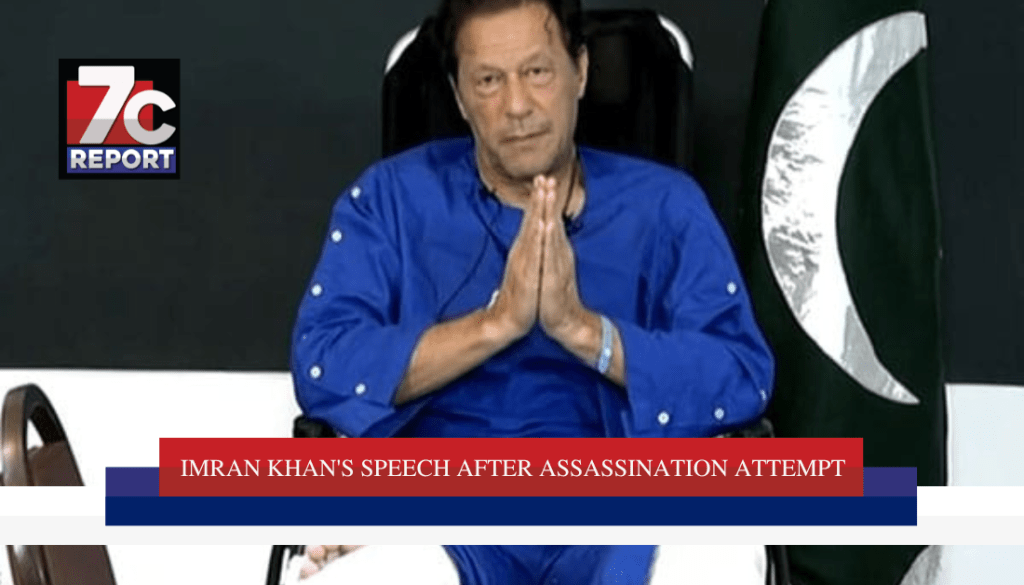
The Most Popular Leader in Pakistan:
The narrative of a foreign conspiracy became popular among the people of Pakistan. People started supporting Khan more than ever after the vote of no confidence. Unprecedented crowds were seen in his public engagements after his ouster. He surely has become the most popular leader in the history of Pakistan.
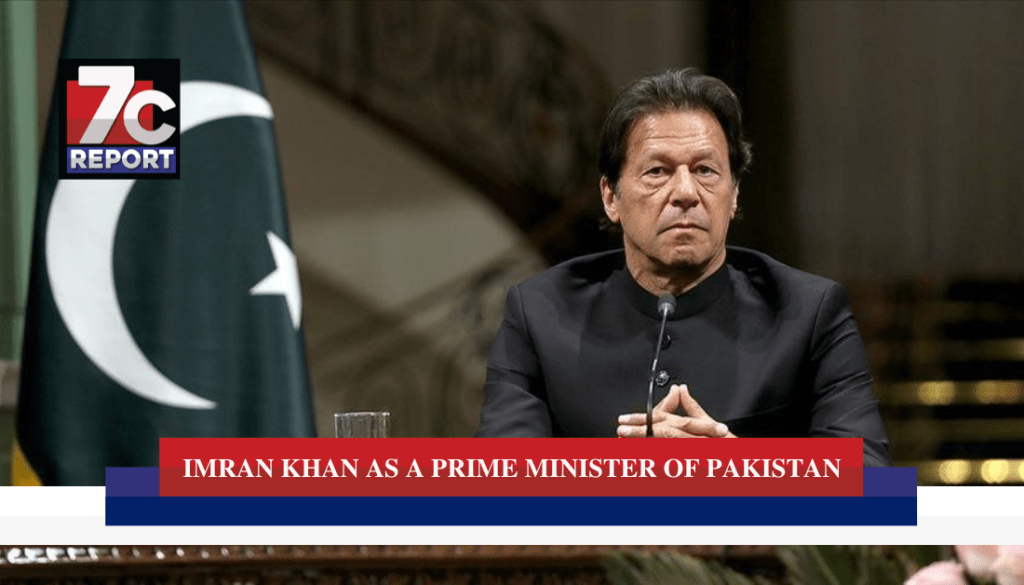
Bohat hi Kamal likhte han AP sir ..